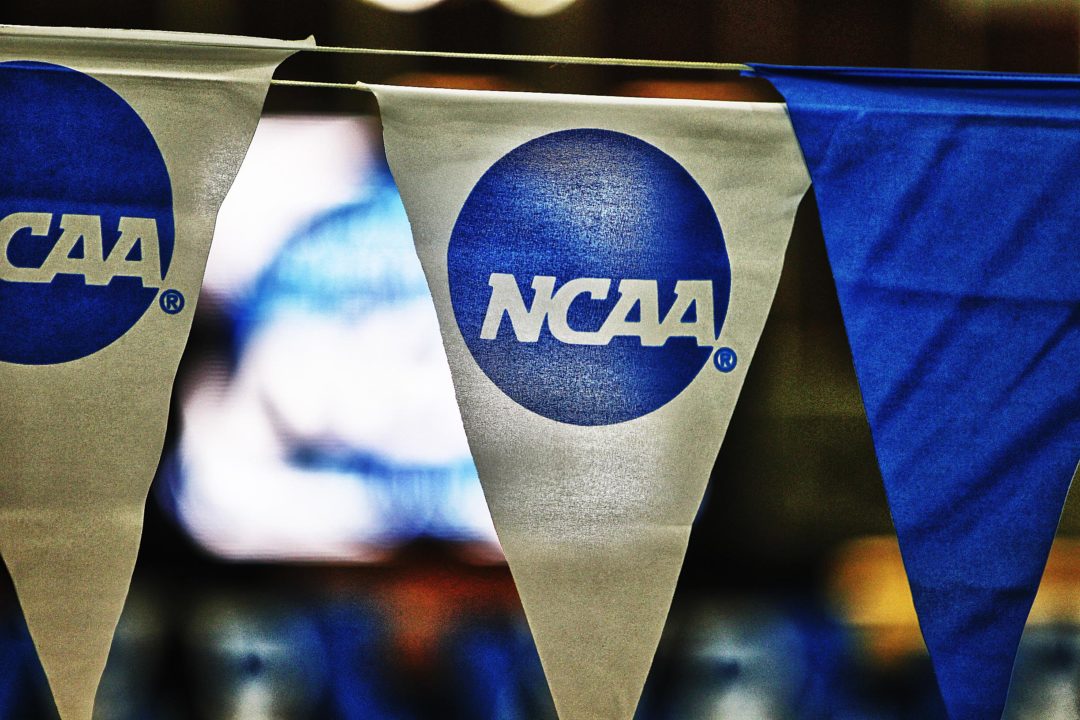The NCAA’s Division I Board of Directors stopped short of approving a recommended proposal by the Transformation Committee on Wednesday that would have granted transfers immediate eligibility no matter how many times they switch schools.
The current rule will remain in place requiring athletes to sit out one year after a second entry into the transfer portal. After the NCAA granted one-time immediate eligibility to all transfers last year, more than 2,000 athletes jumped to a different program.
The Board of Directors opted instead for other reforms, including mandating that any school accepting transfers must offer financial aid through graduation. The Board of Directors also established clear transfer windows for fall, winter, and spring sports. For winter sports such as swimming and diving, there will be a 60-day period for athletes to notify their schools in writing. The transfer rule changes are effective immediately.
“Like their peers in the general student population, college athletes choose to transfer for any number of reasons,” said Jere Morehead, president at University of Georgia and chair of the Board of Directors. “We believe the changes enacted today enable member schools to adapt to students’ needs, while also positioning students for long-term academic success. These changes to NCAA rules recognize further study is needed on graduation rates before we consider authorizing multiple transfer opportunities with immediate eligibility. We will continue to review potential modifications to transfer rules as the landscape evolves over time.”
Also included in the new legislation are exceptions to the new transfer windows for those who experience head coach changes or have their athletic scholarship reduced. Similarly, the board created more specific standards for immediate eligibility waivers for athletes who do not otherwise meet the one-time transfer exception, “focusing on student-athlete well-being or circumstances outside the student athlete’s control.”
“The decision to adopt the transfer proposal today reflects the Board’s commitment to enacting transformational changes in college sports,” Morehead added.
Additionally, in an attempt to modernize the infractions process, the Board of Directors adopted three proposals that seek to streamline the system. The reforms effectively limit the appeal process, eliminate the Independent Accountability Resolution Process, and increase transparency via the creation of a public-facing dashboard of existing infractions cases. Those changes will take effect Jan. 1, 2023.
At the end of July, a source told The Athletic that restricting athletes’ ability to transfer without opening up any opportunities would potentially set the NCAA up for more lawsuits.

nothing like building the plane as they fly it.
I’m pleased that there appears to be an exception for teams that experience a head coaching change.